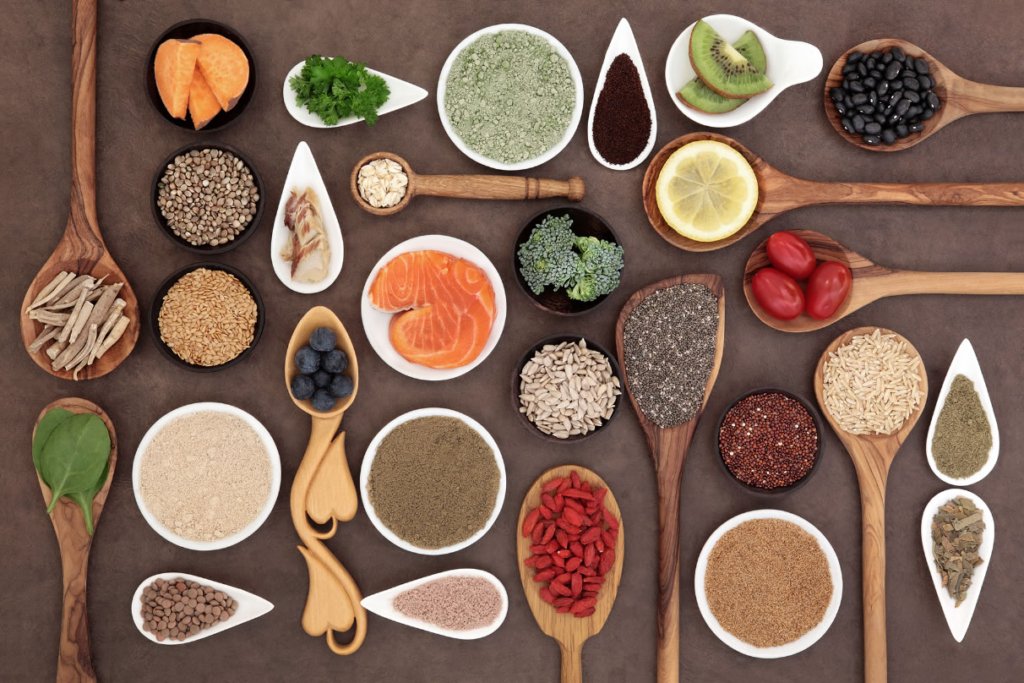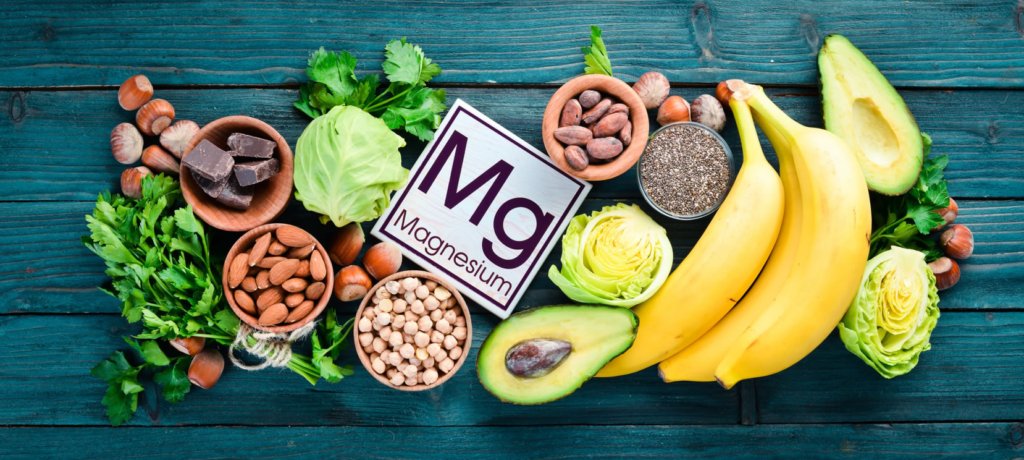Are you and your menses enemies?
Premenstrual dysphoric disorder: the nutritional approach
If you are a woman, you know that sometimes you go from being hungry to not having an appetite, or feeling down and non-energetic, irritate, your breasts hurt, and you feel swollen, and you are irritated down, and then the list goes on. And yes! It’s that time of the month most of us dread! You will get your period soon, and you don’t know why a commercial makes you cry. I lived with this condition for a long time and was even taken to the emergency room one time.
Did you know the condition can be so severe that it debilitates you for several days, making you feel helpless and sick every month before your period happens?
Pain can be a sign of nutritional deficiencies
Severe premenstrual syndrome is called premenstrual dysphoric disorder, and it causes severe emotional and physical symptoms. Aside from the signs and symptoms, food cravings also worsen the issues. According to Gaby, premenstrual cravings are a compensatory mechanism to increase serotonin in the brain. However, he points out that consuming refined carbohydrates will provide momentary relief and lead to blood glucose dysregulation (Gaby, 2017). What can women do nutritionally to improve their symptoms during severe episodes of premenstrual dysphoric disorder?

Reduce the consumption of refined carbohydrates and non-desired foods high in sugar, fat, and salt. Some women report improvements while avoiding dairy products.
Consumption of foods high in vitamin B6; vitamin B6 minimizes the effects of high estrogen levels (Gaby, 2017). Some studies report that 40-500mg of B6 a day relieves several symptoms that afflict women during this time of the month. There are several vitamers for vitamin B6 and the most stable one, pyridoxine, is found exclusively in plant foods (Gropper et al., 2018)
Many of the symptoms, such as anxiety, depression, mood swings, and headaches, seem to be relieved by increasing the consumption of foods rich in magnesium.

Other nutrients mentioned in the literature that relieve symptoms are vitamin E and the amino acid l-tryptophan because l-tryptophan is a precursor to serotonin. In a study where women were given l-tryptophan free mixture resulted in higher levels of irritability (Gaby, 2017).
Gaby also points out that calcium and vitamin are reported in symptomatic improvements and evening primrose oil.
If you are still interested in learning more about the subject, doctor Neal Barnard has excellent videos on how nutrition affects hormones, PMS, and severe PMS symptoms. You can find some of them here and here.
References:
Gaby, A. (2017). Nutritional medicine (2nd ed.).
Gropper, S. A. S., Smith, J. L., & Carr, T. P. (2018). Advanced nutrition and human metabolism (7th ed.).
Recent posts
-

Cholesterol and HbA1c Management in Premenopausal Women: What You Need to Know
07/09/2025 at 07:41
-

Brain Health and Nutrition: Boosting Cognitive Function and Immune Support Through Food
06/25/2025 at 12:18
-

Understanding Menopause and Perimenopause: Key Insights for Women’s Health
06/20/2025 at 13:23
-

Metabolic Health and Weight Loss: Unlocking the Key to Long-Term Success
06/20/2025 at 13:15
-

Antioxidants
06/14/2025 at 10:34
-

Anxiety and the gut: what is the relationship?
06/08/2025 at 13:42
-

The Power of Antioxidants
06/08/2025 at 13:31
-

Understanding Hashimoto’s Thyroiditis: Causes, Symptoms, and Nutritional Strategies
06/04/2025 at 09:38


Leave a reply